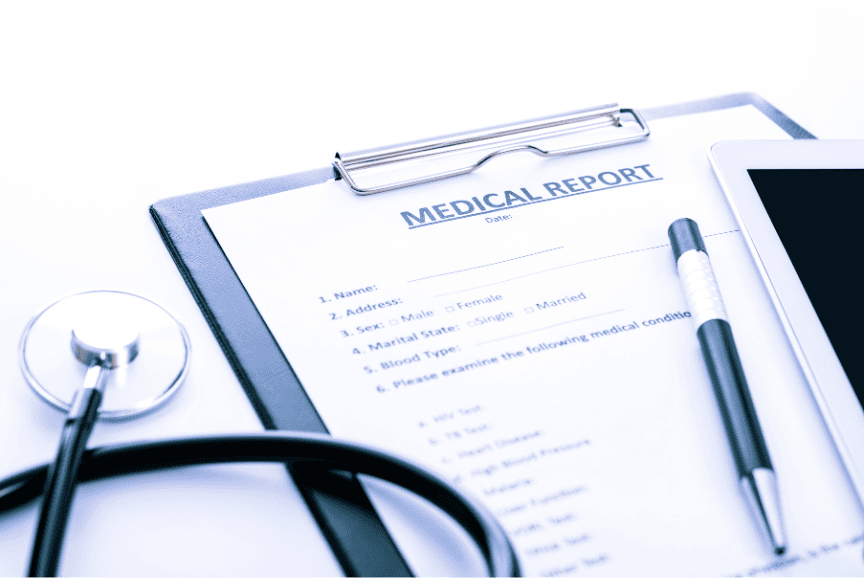Why Medical and Legal Assistance is Important after Accidents
Being injured in an auto accident doesn’t always leave the victim with severe injuries, because of this a medical record can help prove injuries. Some injuries are insignificant and non-life-threatening, while others are severe and may affect the future life of the person.
This is why you should always seek medical help and a North Carolina auto accident attorney‘s help, even if you feel well after the crash. If you’re involved in a personal injury lawsuit, you would need medical records; they can be the crucial element of your case and may help you get a higher compensation claim.

If you file a claim after a car accident, you would have to prove that the accident (not a past medical condition) caused your injuries.
You Have the Right to a Medical Record
The federal Health Information Portability and Accountability Act (HIPPA) allows you to obtain a copy of your medical record from any medical provider. There are a few exceptions to this rule.
According to HIPAA, you may request the following:
- Your personal medical records;
- Someone else’s medical records if you are a named representative. You may request another person’s medical records if they give you written consent to act as their representative in accessing records. This often happens with elderly people who chose their children as their designated representatives.
- Someone else’s records if you are their legal guardian.
- Your children’s medical records. In most cases, parents and legal guardians can get their children’s medical records. Here are a few exceptions to this rule:
A parent may not get a child’s records if the child has agreed to medical care and parental consent is not needed under state law. Another exception is if the child gets medical care at the direction of a court or if the parent agrees that the underage person and the medical provider have a confidential relationship. - Records of deceased persons in certain circumstances. If you are the personal representative of an estate (designated by a will or appointed by a court), HIPAA gives you the right to access the deceased’s medical records. If you’re related to a deceased person and some information in that person’s medical file relates to your own health, HIPAA will let you access that information.
What Records Can You Obtain?
HIPAA allows patients to get copies of every medical record of theirs. Patients have the right to view (at the medical provider’s offices) their original medical records.
HIPAA allows healthcare providers to keep certain types of medical records, such as:
- Psychotherapy notes
- Information the provider is collecting and arranging for lawsuits
- Medical information that the provider believes could endanger your life, your physical safety, or the safety of another person.
If the provider refuses your request for medical records, they must send you a denial letter. In certain cases, you may be able to appeal the denial. If you need specific lab tests or hospital admission records, you should request them from the lab or hospital instead of from your primary care provider.
You Requested Medical Records; When Will You Get Them?
HIPAA requires medical providers to give copies of medical records within thirty days of your request. If it takes longer than thirty days for you to get your requested medical record, the medical provider should provide you with a reason for the delay.
Records Your Provider May Deny
There are records that you don’t have access to. Mental health records which may be considered as “impressions” instead of diagnoses are usually not available. The revelation of these records may harm the doctor-patient relationship or be exaggerated when taken out of context.
Your healthcare provider cannot deny your request because it may be an unpleasant situation for both of you. The request can only be denied if the release of the information may force you to harm yourself or others. If your medical health provider denies these records, they will have to send you a written denial.
Under the law, there are situations when your health information might be denied, although these limitations are subject to broad interpretation.
Withheld health information includes:
- Psychotherapy notes- these notes are taken by the doctor and may not be included in your medical record
- Information that has been compiled for use in a lawsuit.
You have the right to get your medical record. Your attorney, in fact, may request it while working on your case. The record will help you when seeking your compensation claim. If you have further questions about this topic, contact Harman Law today to schedule your consultation.
